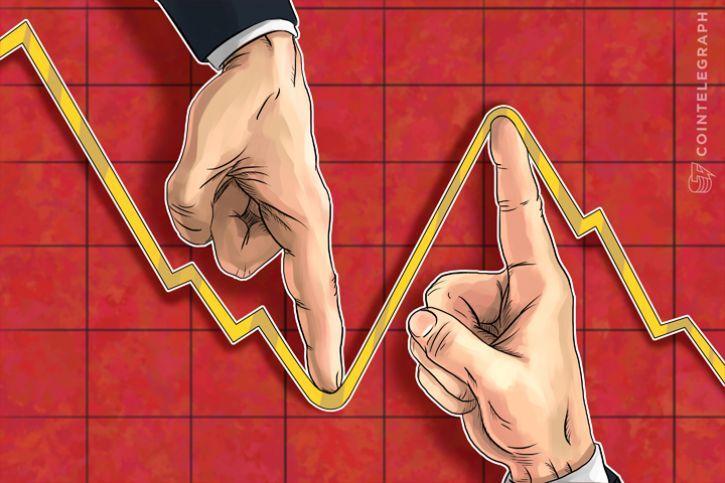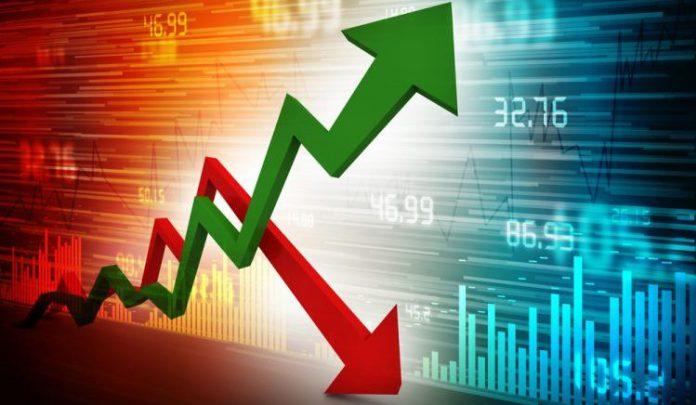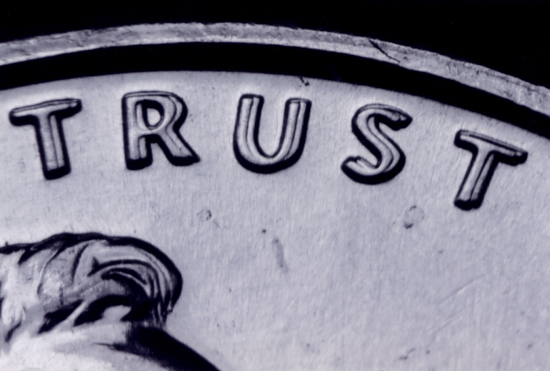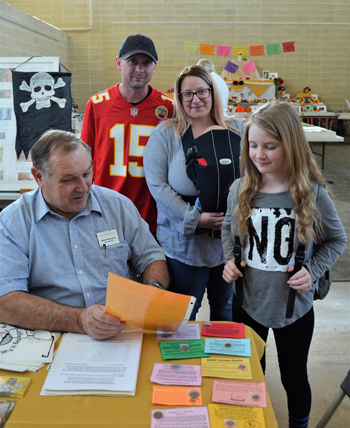Tim Draper is a founding partner of Draper Associates and headmaster at Draper University.
Something important happened with the failure of Mt. Gox. The price of bitcoin only dropped about 20 percent, and the currency continued to be traded on other exchanges. I was flabbergasted and fascinated.

I realized that the demand for this new digital currency was so strong that even a huge theft would not keep bitcoin from creating a new way for us to transact, store and move money. Since the financial crisis, people were losing their confidence in government or “fiat” currencies. I went on to back a number of the Boost VC bitcoin companies, and as I was discovering more and more uses, an enormous opportunity arose.
And something happened that gave me another shot at getting involved in the bitcoin opportunity. The U.S. Marshall’s office confiscated the bitcoins owned by the Silk Road, an online drug marketplace, and almost 30,000 bitcoins were put up for auction. I looked at this as an opportunity to rebuy the bitcoins I lost.
The market price then was $618 per bitcoin. At the last minute, I decided to bid higher than market price. I bid $632 and won all of the bitcoins!
After the inevitable buyer’s remorse for paying a higher price than anyone else was willing to pay, I thought about how I could best drive a positive use for these bitcoins with a tainted past. I decided that I would use them to support the proliferation of bitcoin through emerging country marketplaces where people didn’t have confidence in their own currencies.

Many people in such countries are not “bankable.” Banks lose money on people who don’t have enough to make all the paperwork worthwhile. Banking regulations set up to protect the little guy have actually kept the little guy from participating in the economy — almost guaranteeing that he will remain “the little guy.” There are billions of “unbanked.”
Avish Bhama, one Boost entrepreneur with a company called Mirror helped me figure out a good plan to spread the currency to emerging country markets. The idea was to allow people from developing nations the ability to invest in anything (even to go short against their own currency) by using bitcoin as the “rails,” the conduit for the trades.
Mirror later changed its business model, but companies I backed later — BitPesa in Africa, Bitpagos in Latin America, and CoinHako in Southeast Asia — are making the emerging world their marketplace.



